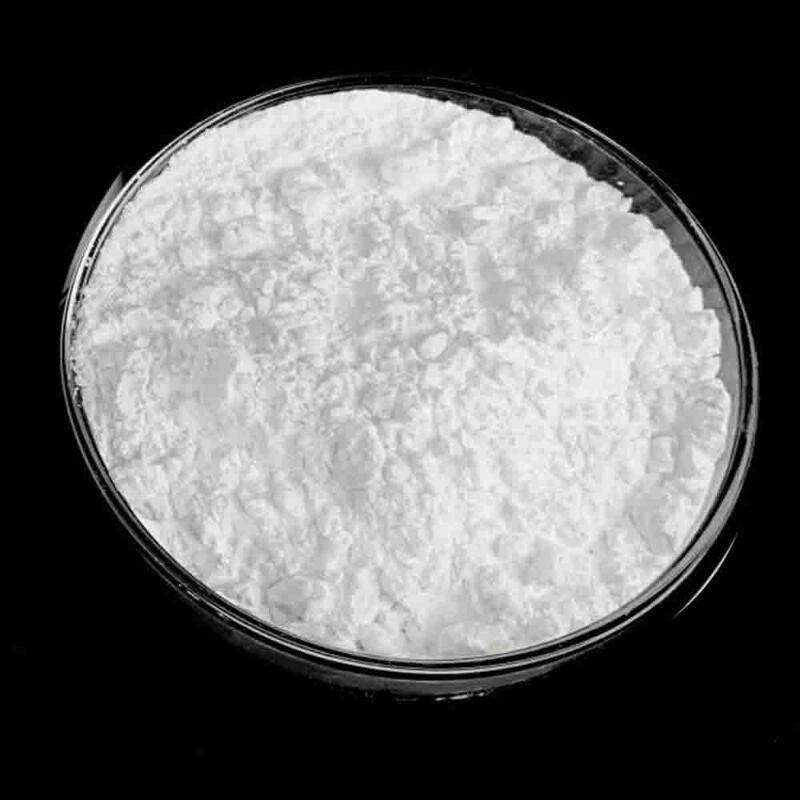Roche introduces automated digital pathology algorithm uPath PD-L1 to improve the speed and accuracy of lung cancer (NSCLC) diagnosis!
-
Last Update: 2020-07-19
-
Source: Internet
-
Author: User
Search more information of high quality chemicals, good prices and reliable suppliers, visit
www.echemi.com
, June 28, 2020 //BiovalleyBIOON/Roche has announced the launch of the EUROPEAN Union's CE-IVD-certified automated digital pathology algorithm, uPath PD-L1 (SP263), for non-small cell lung cancer (NSCLC) image analysisThe algorithm provides pathologists with an automated evaluation of objective and repeatable slide images scanned, potentially assistingdiagnosis, and ultimately providing targeted treatment options for patientsvalidated by VENTANA PD-L1 (SP263) analysis, the algorithm can be used and integrated in the softwareof the Roche uPath
enterprise,
whicha common digital platform for case management, collaboration and reportingThe algorithm will help pathologists quickly determine whether the tumor is Positive for PD-L1 biomarkers and highlight positive and negatively stained tumor cells with clear visual mulch for easy referencePatients withtumors that are positive in PD-L1 biomarkers
may be eligible for targeted treatmentThomas Schinecker, chief executive of Roche Diagnostics,, said: "Improving diagnostic consistency and certainty is critical to providing faster, higher quality and more accurate diagnosis for cancer patients Our uPath PD-L1 (SP263) image analysis for non-small cell lung cancer is the first next-generation CE-IVD PD-L1 algorithm for the clinical market It extends our growing VENTANA Analytics Digital Pathology Suite to help doctors provide the most accurate treatment decisions for patients with the most common types of lung cancer "
the algorithm's full-slide automated analysis uses artificial intelligence to perform an objective and repeatable assessment of scanned slide images with a single click The uPath PD-L1 (SP263) image analysis (NSCLC) algorithm for digital pathology is used in uPath enterprise software the uPath PD-L1 (SP263) algorithm for nSCLC image analysis of : the algorithm is an auxiliary pathologist to detect and semi-quantitatively determine the PD-L1 protein in the NSCLC tissue for the fixation paraffin encapsulation of the Fulmarin fixed paraffin encapsulation When used with CE-certified VENTANA PD-L1 (SP263) analysis, it is intended as an auxiliary means to assist in the identification of therapeutic products that receive PD-L1 tumor cells (TC) positive rates of 50% The algorithm is used to in vitro diagnostic and help pathologists to display, detect, count, review, and classify clinically interested tissues and cells based on specific patterns, colors, intensity, size, patterns, and shapes (biovalleybioon.com) original source: Roche roche sspeed and accuracy of non-small cell cell cancer diagnosis with stru-automated digital digital digital sy'n .
This article is an English version of an article which is originally in the Chinese language on echemi.com and is provided for information purposes only.
This website makes no representation or warranty of any kind, either expressed or implied, as to the accuracy, completeness ownership or reliability of
the article or any translations thereof. If you have any concerns or complaints relating to the article, please send an email, providing a detailed
description of the concern or complaint, to
service@echemi.com. A staff member will contact you within 5 working days. Once verified, infringing content
will be removed immediately.







